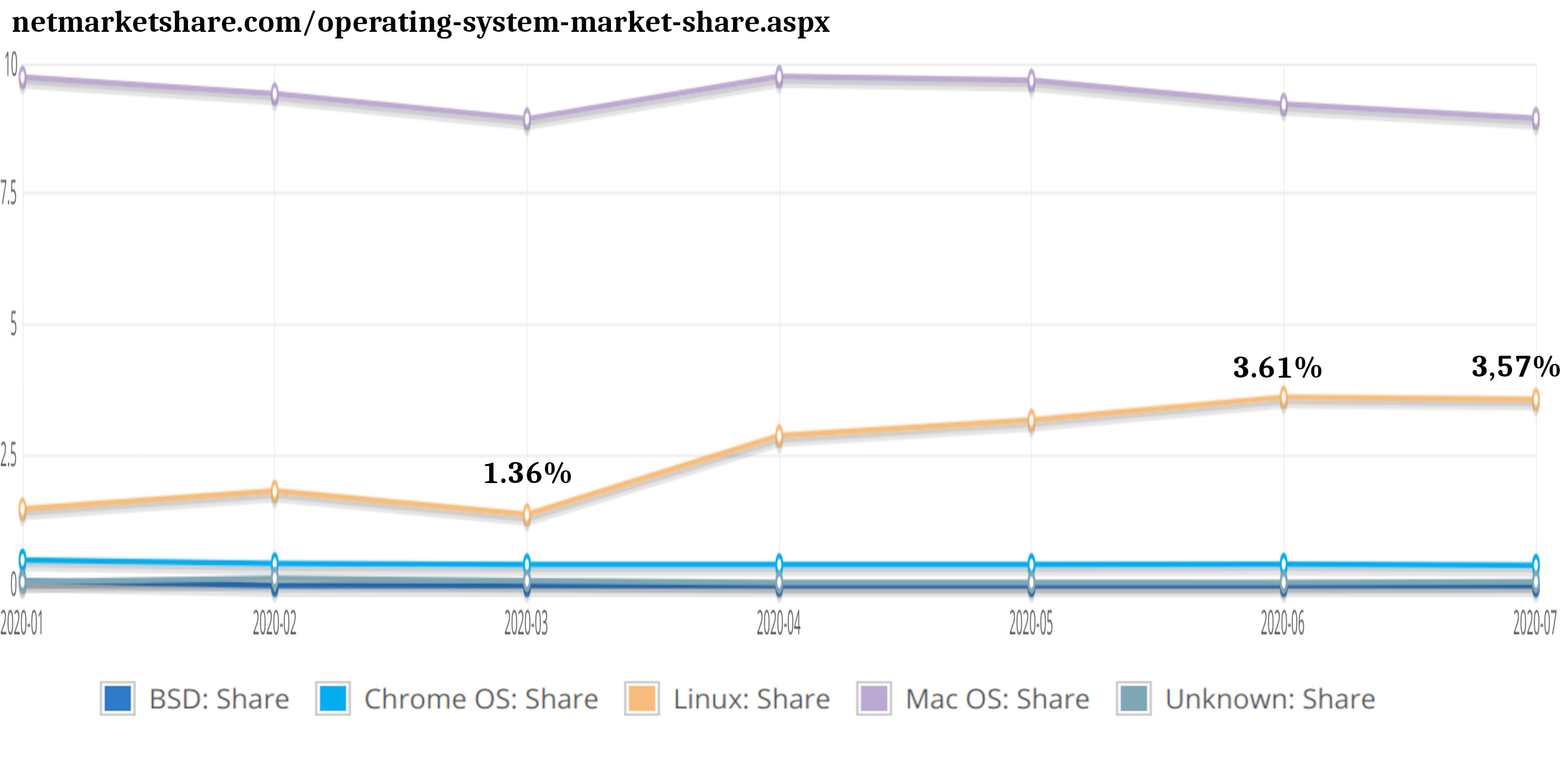
Linus Torvalds Raises Concerns Over Performance Regressions in Linux Kernel
Linus Torvalds, the renowned creator of the Linux kernel, recently sounded the alarm regarding performance regressions in the upcoming Linux 6.8 release. This unexpected development has sent shockwaves through the open-source community, as Torvalds himself expressed frustration over the extended build times on his AMD Ryzen Threadripper system.
“It’s not too often hearing Linus Torvalds himself raising the alarm bells over performance regressions of the Linux kernel, but that happened this evening with the ongoing Linux 6.8 merge window.”
Torvalds, who transitioned to an AMD Ryzen Threadripper 3970X workstation in 2020 after more than 15 years with Intel systems, pinpointed a significant slowdown in build times to new code introduced in the kernel. While he has yet to complete the bisection process, he identified the culprit as the first bad commit responsible for the regression.
The root cause of the performance degradation stems from a CPUFreq schedutil governor performance estimation rework, spearheaded by Linaro. This overhaul, intended to address uclamp limits, inadvertently led to unforeseen issues that impacted system performance. Despite Torvalds’ efforts to address the situation, no further updates or responses have been provided at this time.
With the Linux 6.8-rc1 release still over a week away, the community remains hopeful that a resolution will be swiftly implemented to rectify the performance woes before the stable Linux 6.8 release scheduled for March.
Implications and Expectations
The unexpected performance regressions highlighted by Torvalds have raised concerns about the stability and efficiency of the upcoming Linux 6.8 release. As a key figure in the open-source ecosystem, Torvalds’ observations carry significant weight and prompt a sense of urgency within the development community to address these issues promptly.
Developers and enthusiasts eagerly anticipate updates from Torvalds and the Linux kernel team as they work towards resolving the identified regression. The successful mitigation of these performance challenges is crucial to ensuring the seamless operation of the Linux kernel across a diverse range of hardware configurations.
Looking Ahead
As the Linux 6.8 merge window progresses, all eyes are on the development efforts aimed at resolving the performance regressions highlighted by Torvalds. The collaborative nature of the open-source community, coupled with the expertise of developers and contributors, instills confidence that a solution will be devised to optimize system performance and deliver a stable Linux 6.8 release.
Stay tuned for further updates and insights as the Linux kernel development continues to evolve and address the challenges posed by performance regressions.
By Sora Takahashi














